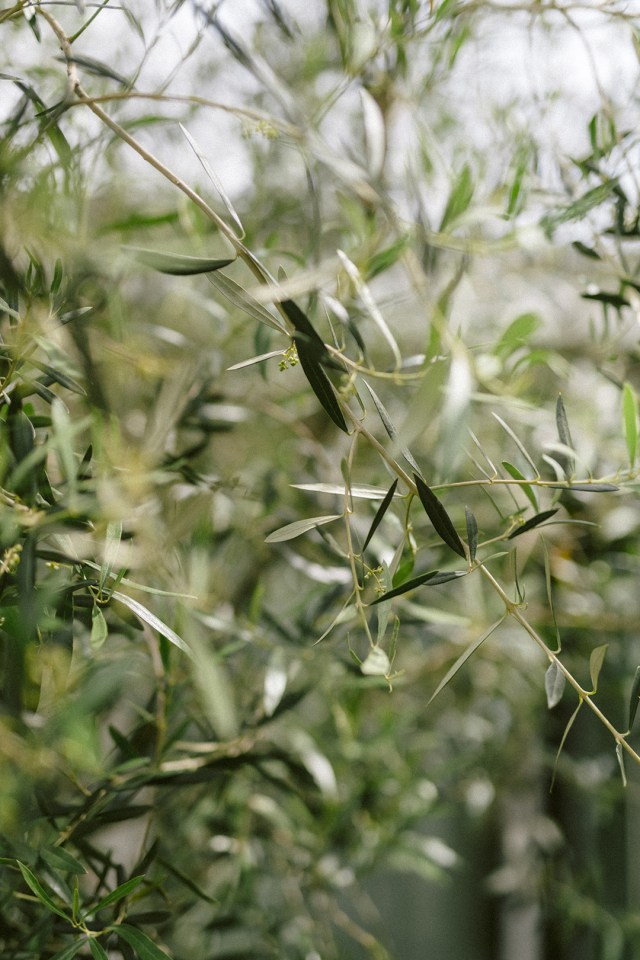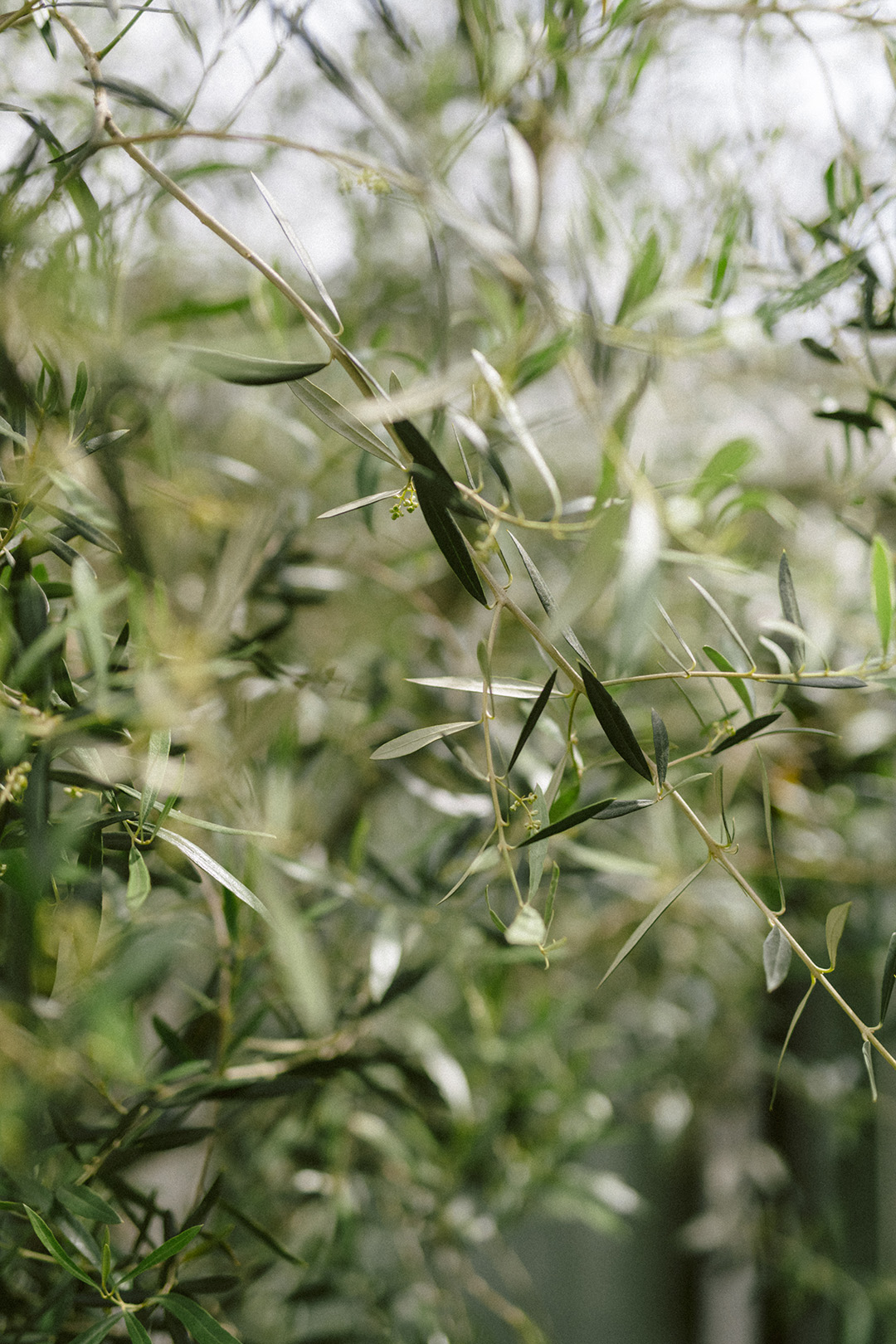Growing up in Sydney, I could not fathom that God could love someone like me. At our Greek Orthodox church—the cultural hub of the Greek immigrant community to which I belonged—I did not understand the three-hour services in an ancient language that none of us spoke.
I figured that God was too busy running the universe to care about me, and I never felt holy or worthy enough to think I could personally commune with him. I certainly don’t remember ever being encouraged to talk to him directly, and definitely not in my own words.
Besides, I had other things to think about. At school, I was ridiculed and misunderstood because English was my second language. I had taramasalata on my sandwich rather than vegemite and ate spanakopita instead of meat pies. Though I made Australian friends, my parents never allowed me to go to their homes for birthday parties or to hang out.
Instead, our Greek friends and relatives came to our house, where we ate heaps of Greek food, danced to the soundtrack of Zorba the Greek, and listened to my aunts’ many matchmaking attempts. (The movie My Big Fat Greek Wedding is a glimpse into the first two decades of my life, Windex and all.)
As a daughter, I was told that my sole purpose in life was to become a suitable wife to another Greek, in order to give birth to more Greeks. The prevailing thought among our community was that girls did not need to be too educated, because then no man would want to marry them. But I loved learning and wondered why the future painted for me was not appealing.
On the surface, we may have looked like a typical immigrant family—tight-knit, churchgoing, not wanting to draw attention to ourselves. What few people saw, however, was that secrets hung in the air like a thick, impenetrable fog.
The first secret was our long history of forced migration. My grandparents fled Turkey in 1922 during the Greek genocide and built a new life in Alexandria, Egypt. Thirty years later, Christians became a persecuted minority there, so my parents’ generation had to leave Egypt for Australia. Mum was only 16 when her parents put her and her sister on a ship bound for Sydney, where they worked hard to pay for the rest of the family’s passage. My dad arrived much the same way. But we rarely talked about any of this or the trauma they carried.
The second secret was a trauma of my own. From age 3 to 15, I was the victim of sexual abuse at the hands of several men. I carried this secret silently and alone, because no one ever talked about such things. The weight of the abuse and shame damaged my soul and left me with a deep distrust of men. I did not think to take any of my pain to a God who I assumed was indifferent.
The third secret further tilted my world on its axis. When I was an adult, I learned that my older brother, George, was adopted. When George confronted Mum about it, she turned to me and asked if I wanted to know the whole truth: I was adopted too. Only my younger brother, Andrew, was my parents’ biological child.
I discovered that my biological mother was a single Greek immigrant who had left me in the hospital, unnamed and unwanted. My parents adopted me when I was two weeks old, but because of the shame they’d felt at not being able to have children yet, they kept our adoptions secret for more than three decades.
It’s no wonder I developed patterns of destructive behavior and entered unhealthy relationships in my young adult life. I desperately sought love, significance, and security—things I did not find until I completely surrendered my life to Jesus.
 Photography by Sarah Partian for Christianity Today
Photography by Sarah Partian for Christianity TodayWhen I look back on how I came to know Jesus, I realize that he was pursuing me my whole life. In my childhood, sometimes the stony barricade cracked and glimpses of God shone through in my Greek Orthodox church. In Australia’s public schools, where religion classes were compulsory, I felt drawn to the Bible in my elementary years.
When I reached high school, I met Carol, a parent volunteer who started and ended every class with prayer. She was the first person I’d met who prayed to God like she expected him to listen, like God cared personally about every one of us.
But if my journey to Jesus were a GPS route, it would have been “recalculating” at every turn. By the time I reached my college years, I was far from God.
In addition to carrying the pain of my childhood years, I blamed God for my dad’s unexpected death when I was 19. My dad had had cancer, and we were relieved he was in remission—until he was suddenly gone. Why would God want us to be in so much pain? I was so angry with him.
Naturally, then, when a Christian friend invited me to a series of lectures by J. John, a Greek evangelist from England, I was hesitant. But because he was Greek, I went. After the first lecture, my friend connected me with him. I made it very clear to John that I didn’t agree with what he was saying. He didn’t flinch. He simply said, “Let’s go have coffee.”
John answered my endless questions with care and compassion and kept inviting me to ask more. I came to trust him and began to see that perhaps God was not as distant and cruel as I had assumed.
Two years later, I took a trip to Switzerland with friends to celebrate my birthday. Sitting on a balcony, I thought about God and all the times he’d shown me glimpses of himself. Against a sweeping view of Zurich, the fractured pieces of my life came together in a panorama, aglow with grace. In that moment, I felt God gently calling me to surrender everything to him and follow.
So that very day, at the prompting of the Holy Spirit, I made four crucial decisions: Go back to Sydney, end the relationship I was in, finish college, and go to church. These seemingly simple actions meant that my life would change forever.
Greek Orthodox girls did not go to Protestant churches or get baptized as adults. Their families didn’t just let them go. These choices cost me my family—for a time—and the person with whom I thought I would spend the rest of my life. I didn’t know what was ahead, but I did understand what I had to leave behind to become a fully devoted follower of Jesus.
Months later, a friend invited me to join her for a Sunday service. It was the first time I stepped inside a Pentecostal church, and at first glance I almost mistook it for a disco. The inside of the former warehouse was dimly lit, and the stage was set with colored spotlights, drums, and guitars. People were milling around in clusters, chatting, and there was no priest to be found.
As strange and unfamiliar as it was, once the service started, I was deeply impacted by the worship. The words were personal and intimate, inviting me to love God with all my heart, soul, body, and strength. When the youth pastor, a woman, delivered the message, I was captivated. The presence of God was thick in the air. All I could do was keep going back.
As I began reading God’s Word for myself, its beauty and truth gripped my heart. Like most Greek Orthodox church attendees, I grew up kissing the Bible, but I had never thought I could read or understand it myself. What I tasted was sweeter than honey and more precious than gold. Day by day, I could feel myself changing as deep healing worked into my wounded soul.
One day, I realized that the girl damaged by explosive secrets had found a safe home in God’s love. Where there was once distrust, there was now faith in the one who works all things for our good. I realized that I was finally learning to walk freely by the Spirit in grace and truth—and I longed to help others do the same.
Seven years after I first walked into that church, I married Nick (whom I met at a class in Bible college), and together we founded Equip & Empower, through which we minister throughout the world and oversee our three churches in Greece, Bulgaria, and Poland. In 2008, we started A21, a global organization against human trafficking that operates in 10 nations to reach, recover, and restore those trapped in modern-day slavery. And in 2010, we began Propel Women to empower, equip, and mobilize Christian women for leadership.
Each of these ministries is a testimony of how God has transformed the trauma of my past into compassion for those he calls me to love.
Whether we cross oceans or tread through minefields of painful secrets, God holds us safely in his hands. If we veer off course into yet another detour, he takes our wrong turns and recalculates them into better paths, bringing us to where he intended all along. His plans for us are always to bring life, in ourselves and through our stories.
Christine Caine is a speaker, activist, and author.



















